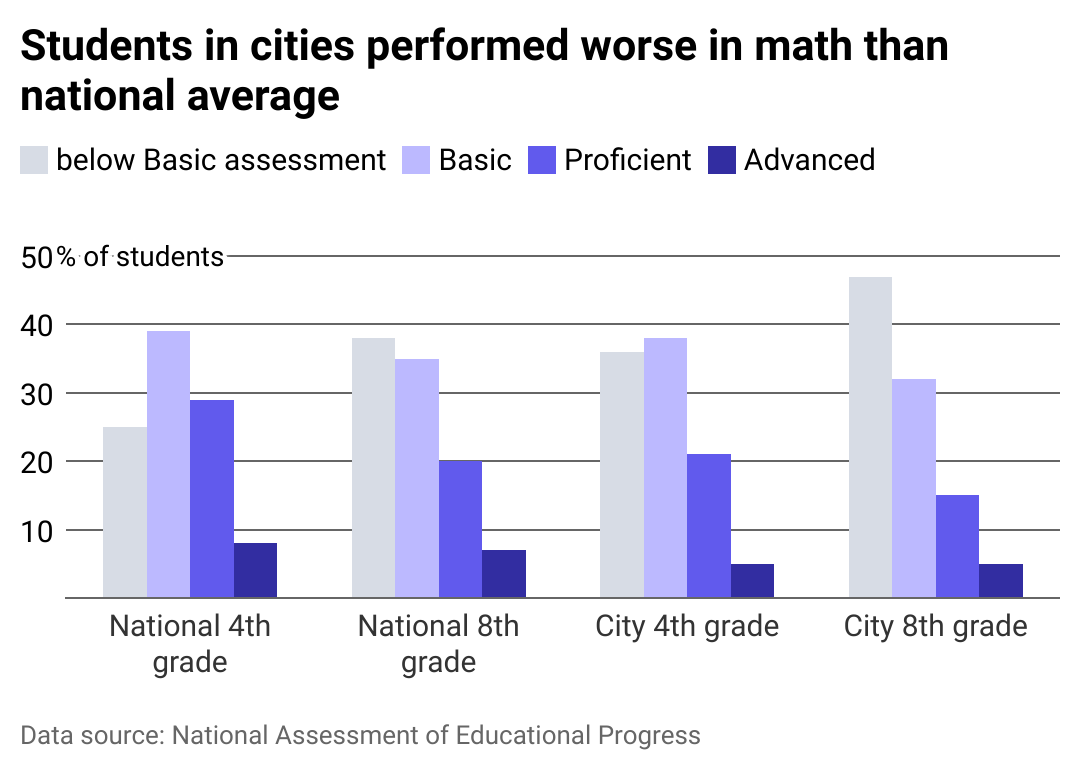Apple's AI Future: Leading The Pack Or Falling Behind?

Table of Contents
Siri's Evolution and the Path to Conversational AI
Siri, Apple's virtual assistant, has been a staple for years, but its capabilities still lag behind competitors like Google Assistant and Alexa in certain areas. While Siri offers basic functionality such as setting reminders and making calls, its understanding of context and its ability to handle complex requests remain limited. However, Apple's substantial investments in natural language processing (NLP) and machine learning (ML) suggest a determined push towards a more intelligent and capable Siri. Future advancements could include:
- Improved voice recognition: Enhanced accuracy across different accents and noisy environments.
- Multilingual support: Seamlessly transitioning between languages without user intervention.
- Integration with third-party apps: Deeper integration to allow for more complex and personalized tasks.
- More personalized responses: Learning user preferences and adapting its responses accordingly.
- Enhanced contextual awareness: Understanding the user's current situation and providing more relevant information.
- Proactive assistance: Anticipating user needs and offering helpful suggestions before being prompted.
- Multi-device integration: Seamlessly transferring tasks and information across iPhones, iPads, Macs, and other Apple devices.
Balancing these improvements with Apple's unwavering commitment to user privacy presents a significant challenge. This necessitates innovative approaches to data handling, a key aspect of Apple's AI strategy.
The Role of Apple Silicon in Powering AI
Apple's shift to its custom-designed Apple Silicon chips, such as the M-series, is a game-changer for its AI ambitions. These chips are specifically optimized for machine learning tasks, offering significant performance advantages over general-purpose processors used by competitors. This vertical integration—controlling both hardware and software—gives Apple unparalleled control over AI development and optimization.
- Improved performance for on-device processing: Faster execution of AI algorithms, resulting in quicker responses and more efficient resource utilization.
- Enhanced power efficiency: Extending battery life on Apple devices while running demanding AI applications.
- Potential for future specialized AI accelerators: Dedicated hardware components designed specifically to accelerate AI computations.
This contrasts sharply with competitors who often rely on general-purpose processors, limiting their ability to fine-tune hardware for optimal AI performance. Apple's approach allows for more innovative AI features and capabilities, paving the way for a more powerful and efficient future for its AI systems.
Apple's Approach to Machine Learning and Data Privacy
Apple distinguishes itself from other tech giants with its unwavering focus on on-device processing for machine learning. Unlike cloud-based AI models, which require sending user data to remote servers, Apple prioritizes processing data locally, safeguarding user privacy. This approach, however, comes with trade-offs: on-device AI processing is constrained by the size and computational power of individual devices. This limitation affects the complexity and scale of AI models that can be deployed.
- Differential privacy techniques: Adding noise to data to protect individual user information while preserving overall data utility.
- Federated learning: Training AI models on decentralized data sources without directly accessing the raw data.
- User control over data sharing: Giving users greater transparency and control over their data.
Apple’s commitment to privacy is a defining factor in its AI strategy, potentially limiting the scale and sophistication of its AI models but enhancing its reputation for user trust.
Apple's AI Acquisitions and Partnerships
Apple's strategic acquisitions and partnerships further shape its AI future. While the company is famously tight-lipped about its specific AI endeavors, notable acquisitions have hinted at its focus areas. Potential future partnerships with research institutions or other technology companies could further accelerate Apple's progress.
- Key Acquisitions: (List key acquisitions here – research specific acquisitions and their relevance to AI. Example: "The acquisition of XNOR.ai, focused on low-power AI, strengthens Apple's capabilities in on-device AI.")
- Potential Future Partnerships: (Speculate on potential future partnerships that could benefit Apple’s AI initiatives.)
Conclusion: Predicting Apple's AI Future – A Leader or a Laggard?
Apple's AI future is a complex equation. While its commitment to privacy and its control over both hardware and software through Apple Silicon are undeniable strengths, its relatively quiet approach to AI and the limitations of on-device processing present potential challenges. Whether Apple leads or lags in the AI race will depend on its ability to overcome these challenges and innovate in ways that balance privacy with performance. Will they prioritize a privacy-first approach, potentially sacrificing some functionality, or will they find a way to bridge the gap? Only time will tell.
Share your thoughts and predictions on Apple's AI future in the comments below! And subscribe to our newsletter for updates on the latest AI advancements from Apple and beyond.

Featured Posts
-
 Social Media Censorship In Turkey X Restricts Access To Jailed Mayors Page
May 09, 2025
Social Media Censorship In Turkey X Restricts Access To Jailed Mayors Page
May 09, 2025 -
 Recent Instagram Post By Jayson Tatum Gets Kyle Kuzmas Attention
May 09, 2025
Recent Instagram Post By Jayson Tatum Gets Kyle Kuzmas Attention
May 09, 2025 -
 Uk Tightens Visa Rules Impact On Nigerians And Pakistanis
May 09, 2025
Uk Tightens Visa Rules Impact On Nigerians And Pakistanis
May 09, 2025 -
 Inter Milans Potential De Ligt Loan A Manchester United Exit
May 09, 2025
Inter Milans Potential De Ligt Loan A Manchester United Exit
May 09, 2025 -
 Lake Charles Easter Weekend A Guide To Live Music And Events
May 09, 2025
Lake Charles Easter Weekend A Guide To Live Music And Events
May 09, 2025
